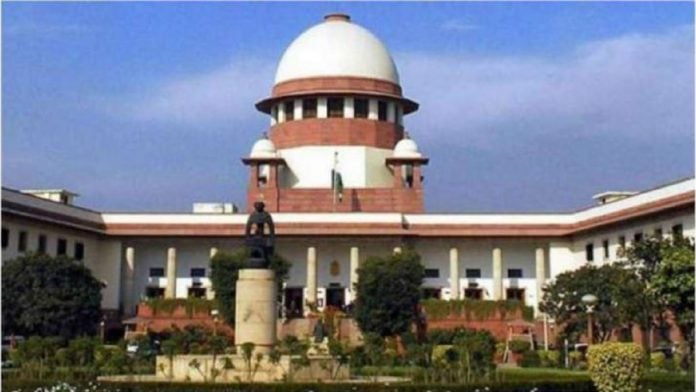The Supreme Court has asked the Centre as to when will it send a proposal to the President for commutation of death sentence of death row convict Balwant Singh Rajoana, who is in jail for 25 years with regard to the assassination of former Punjab CM Beant Singh. The Centre has been given two weeks time to take instructions regarding the commutation of his death sentence.
According to the Apex Court, the Centre’s stand that a proposal for commutation of Balwant Singh’s death sentence was not processed because of pendency of appeals of co-accused in Beant Singh killing case was unjustifiable. The Centre was pulled up for its inability to decide on Rajoana’s mercy petition that was filed filed eight years ago.
Balwant Singh Rajoana, was given death sentence for the murder of former Punjab chief minister Beant Singh who died in a bomb explosion in Chandigarh on August 31, 1995. In 2012, Rajoana filed a mercy petition before the President but it hasn’t been decided till date. In September 2019 on the special occasion of Guru Nanak’s 550th birth anniversary, the Central government had taken a decision to commute his death penalty to life sentence, but that decision has not been implemented yet.
Thereafter, petitioner Rajoana approached the Supreme Court to seek benefit of Court’s judgement in Shatrughan Chauhan v Union of India (2014) which held that undue, inordinate delay in deciding mercy petitions is a ground to commute punishment of death row convicts.
Also Read: Delhi HC asks Delhi govt to explain why it isn’t allowing spas to open
In a bomb explosion at the Punjab and Haryana Civil Secretariat, Chandigarh, the then Punjab Chief Minister Beant Singh along with 16 others had lost his life. In the FIR, Rajoana and 15 others were named and taken into custody on January 14, 1996. Rajoana was awarded the death sentence by a Chandigarh court in 2007 reaffirmed by the Punjab and Haryana High Court in 2010.


